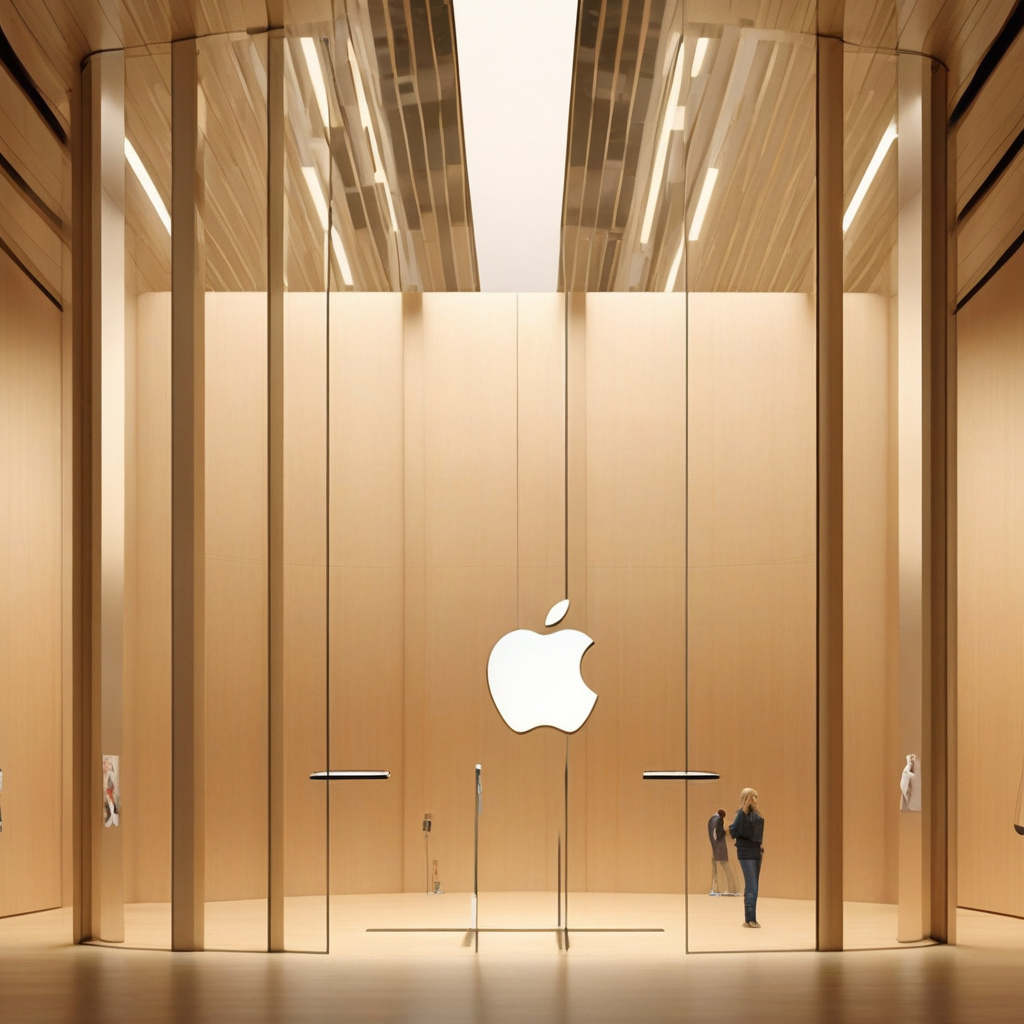Apple Challenges UK Encryption Backdoor Demand: A Global Standoff
Apple’s bold stance against the UK’s demand for encryption backdoors has escalated into a formal appeal to the UK Investigatory Powers Tribunal. This move not only reflects Apple’s commitment to user privacy but also sets the stage for a broader global conversation on digital security.
Fred Chagnon, a principal research director at Info-Tech Research Group, highlights that this appeal goes beyond the UK market. The United States has also aligned with Apple in expressing concerns over the implications of such demands. By contesting this order, Apple aims to deter other governments from adopting similar intrusive measures.
Imagine a scenario where Apple complies with the UK order or withdraws from the UK market altogether, as it has partially done. This could embolden other countries like France, Australia, and Canada to pursue comparable requests. By standing firm in its appeal, Apple strives to establish a precedent that safeguards digital privacy on a global scale.
Nikolas Guggenberger, an assistant law professor, emphasizes the potential domino effect within Europe if the UK’s demands set a troubling precedent. The post-Brexit landscape has shifted dynamics, amplifying the need for vigilance against encroachments on data privacy.
Forrester’s senior analyst, Madelein van der Hout, underscores the far-reaching consequences of granting governments unchecked access to encrypted data. This could trigger a cascading erosion of digital privacy worldwide, compelling tech companies to resist unwarranted intrusions.
Guggenberger challenges the UK’s assertion that the backdoor request is solely for targeting specific criminal suspects. He argues that the actual aim is mass surveillance, circumventing individual rights under the guise of law enforcement needs.
The legal doctrine of the “fruit of the poisonous tree” in the US restricts the use of unlawfully obtained data in investigations. However, Guggenberger notes that Europe’s enforcement of this doctrine is comparatively weaker, potentially enabling overreaching data collection practices.
The concern extends beyond law enforcement, as creating a backdoor for one entity opens a gateway for malicious actors. The FBI’s past use of external tools to access encrypted data underscores the feasibility of alternative methods without compromising user security.
Van der Hout raises the issue of fairness and industry integrity in singling out Apple for compliance. Imposing such obligations on one company while exempting others could distort market dynamics and undermine healthy competition. Apple’s resistance signifies a broader industry-wide call to defend encryption standards against governmental overreach.
The standoff between Apple and the UK government encapsulates a larger struggle between innovation, security, and regulatory oversight. Apple’s defiance sets a precedent for technology firms, emphasizing the need to safeguard encryption protocols and user trust amidst mounting governmental pressures.
In conclusion, Apple’s appeal against the UK encryption backdoor demand is not just a legal battle but a pivotal moment in the fight for digital rights. As tech giants take a stand, the outcome of this case could redefine the boundaries between privacy, security, and state interventions in the digital age.

